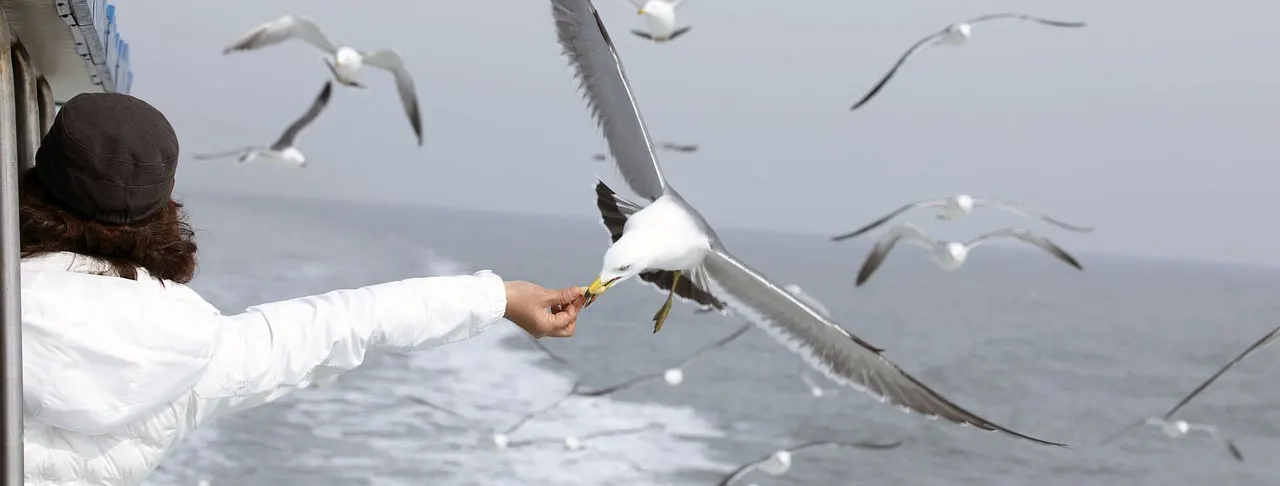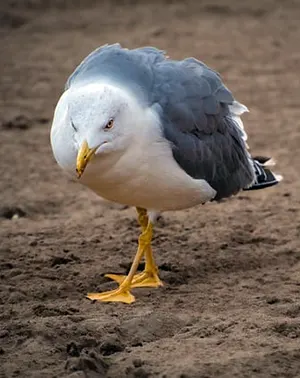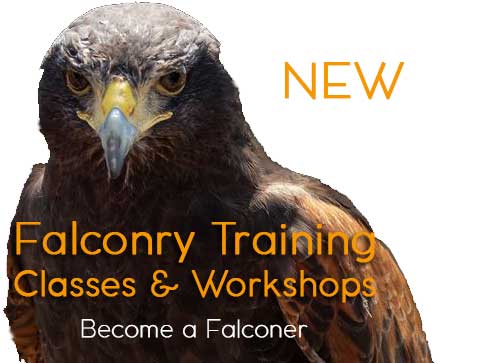Before we begin, let's look at some of the issues:
- Seagulls become aggressive during breeding season, in the hunt for food, or over what they consider their territory
- Seagulls can present a health risk as they can carry disease.
- Physical deterrents such as bird spikes, netting, reflective devices or ultrasonic devices can be quite effective in keeping seagulls at bay
- Scare tactics, such as owl decoys, noise makers, water sprays have limited efficacy and only in the short term
- Legal considerations must be taken into account. Check with your provincial, state or federal government as seagulls are generally a protected species and permits must be sought to deal with the birds, nests and eggs

Why are Seagulls a problem?
Seagulls can be a considerable nuisance at your home, business, or even your local parks. The noise and unsanitary conditions they create can also become a serious health hazard. The birds, their feathers and their droppings carry disease - such as E. coli, Histoplasmosis, Psittacosis, Cryptococcosis, Salmonella, and avian influenza. Personal protective equipment must be worn when cleaning up a mess the seagulls have left. This is best left to the professionals.
Gulls become quite aggressive when nesting and while protecting their eggs and hatchlings. Gulls tend to make their nests in close proximity to food and water. You may find them on beaches, riverbanks, cliffs, even roof tops. Especially flat roofs with gravel, often found on a warehouse or commercial building, provide a near perfect nesting location. They prefer somewhere quiet and with unobstructed view to spot predators and ensure the safety of the nest.
How to Discourage Aggressive Gull Behavior
Making the area in question less attractive and reducing the number of birds hanging around is paramount.
Remove Food Sources
- Secure trash bins
- Clean up after your picnic in the park
- Don't feed the birds!
The most effective way to reduce gull aggression and the numbers of gulls in your area is to clean up the food sources. Don’t leave scraps behind for seagulls and other wildlife. Human foods are not healthy for them and lacking in vital nutrients, leading to malnourishment if the birds' diet is comprised of mostly human foods. Encourage people not to feed gulls or other wildlife. Feeding them can increase their aggressive behaviour. They have been know to dive on people including children, when looking for food when they are used to getting it from humans. Injuries have occurred from this practice.
Physical Deterrents
Physical deterrents can be highly effective in keeping gulls away from your property, whether they are wanting to nest or just rest.
- Bird spikes can be used on ledges, windowsills, rooftops or other flat surfaces where birds like to sit. This makes it uncomfortable for them to land.
- Electrical shock tracks are now available. If a bird touches the track it delivers a small electric shock that is uncomfortable for the bird without harming it. The birds will then avoid the area knowing it isn’t safe for them. The shock tracks can be placed vertically, horizontally, goes around corners and can cover as large or as little an area as desired. The tracks should be installed by a professional who knows what they are doing.
- Netting is also effective to prevent birds from accessing spaces you don’t want them including garage doorways that are often left open such as on loading docks, or even at your home.
- Reflective devices are effective for a short time. Seagulls realize quickly that the scary objects pose no threat to them.
- Noise devices offer limited efficacy. The best choice here is an ultrasonic device, emitting high frequency sounds. While not detectable by humans, other birds and wildlife can hear it and it can make them uncomfortable.
- Raptor decoys work for a very short time at best. Putting up an owl decoy is scary for them, but they soon learn that it doesn’t move and poses no actual threat to them.
Birds of Prey
Putting a real raptor in front of seagulls will get them moving very quickly. Gulls, as any wildlife, have an instinctive fear of a predator. A harris hawk or a falcon in the vicinity will signal danger to the entire colony. The gulls may gang up and try to intimidate the raptor, especially if there are young chicks in the nest, but this is generally unsuccessful and short lived. The gulls will quickly move on and eventually avoid the area altogether.
Falconry for bird control is a sure way to get any bird out of the immediate vicinity. A few visits from a falconer with a trained raptor can prevent gulls from making your home or business their home. If they have already built nests and made it home, it will take more work than a few visits from a falconer to get them to move on. The nests and eggs can be removed before the eggs have hatched. You need to contact the government offices for Wildlife Services for a permit, as gulls are a protected species in North America and you must have permission to remove nests and eggs. Once the eggs have hatched you will need to wait until the chicks have left the nest. Harming a gull or their nest can result in fines or legal action.
About Gulls
 Gulls are common around the world. There are more than 50 species of gulls worldwide, but we mostly see these 5 in Canada: Herring gulls, Great black-backed gulls, Ring-billed gulls, Glaucous gulls, and Iceland gulls. They all look fairly similar, but differ in size and colour or shade. Seagulls appear mostly white with shades of grey or black on wings, tails, necks and beaks.
Gulls are common around the world. There are more than 50 species of gulls worldwide, but we mostly see these 5 in Canada: Herring gulls, Great black-backed gulls, Ring-billed gulls, Glaucous gulls, and Iceland gulls. They all look fairly similar, but differ in size and colour or shade. Seagulls appear mostly white with shades of grey or black on wings, tails, necks and beaks.
Gulls are scavengers, finding food sources wherever available. They’ll go into your garbage or pick up the crumbs and scraps left on the ground in a park. Their natural diet consists of insects, fish, worms, fruit, seeds, eggs, or even other birds. They will often fight over food left by humans. They will eat your breadcrumbs, french fries, even skittles left on the ground. We once found a flock of very colourful birds and eggs outside a candy factory. The trash bin was left open and the birds were eating the colourful candy from the trash.
Getting rid of Aggressive Gulls
Dealing with aggressive gulls near your home or business can be challenging. With the right knowhow and seeking professional help from the experts, you can create a more peaceful and gull-free environment.
Hawkeye Bird And Animal Control is the expert with over 30 years of experience in dealing the gulls. Our falconers have the knowledge and skill to prevent or evict gulls from your home or business. Call Hawkeye today for a free assessment!














